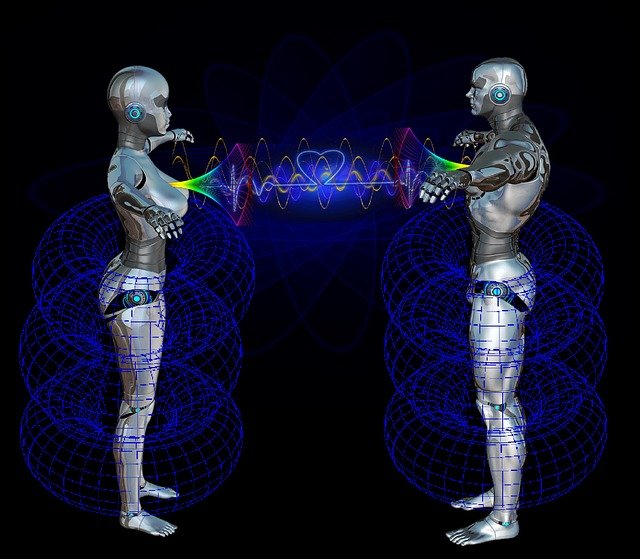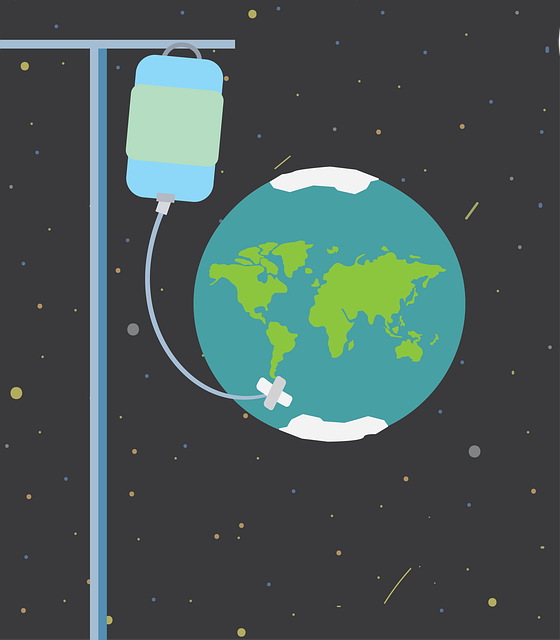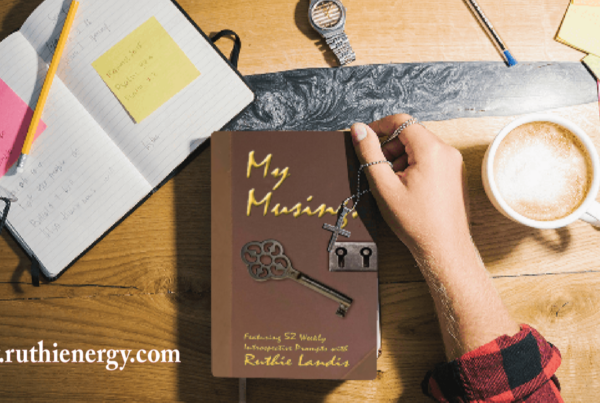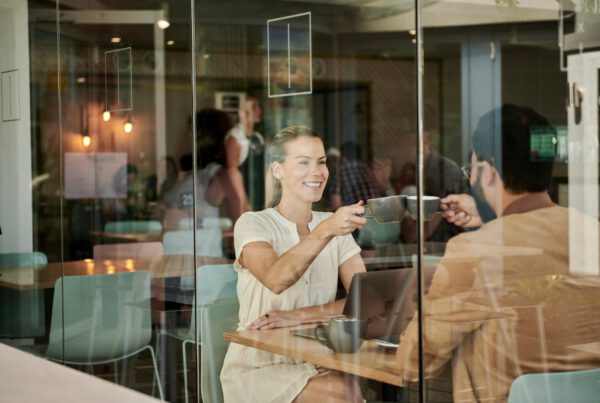We are in the middle of a pandemic and for many of us, buried in our unconscious, is the question, if something happens to me or someone I love, who will take care of me or them? It is a question many of us may want to ignore, and that’s why we let it recede to the background, instead of facing it straight on, and even in our discomfort, sum up the courage to have the difficult conversations.
The medical community, five-star heroes from my point of view, will try to take care of us, in the best way they can. Who will take care of them?
During these unusual times, how do we show up to deeply take care of each other?
Last night I saw an interview with Richard Schiff, a wonderful actor, who has just been released from the hospital after contracting Covid. He and his family had been extraordinarily careful and he has no knowledge of how he contracted it. He is in Vancouver, having shot some episodes of The Good Doctor with his wife, who is also on the show. Screen Actors’ Guild has taken every precaution and there should be no reasonable way he got sick. No one else in the cast or crew, except his wife, got Covid and she got a very mild case. It doesn’t appear that his kids did. His case was dire. He choked up as he shared the difficult conversations that he and his family had to have as he struggled to survive. “A conversation no one wants to be having,” he said.
A few of my young clients, between 10 and 14 years of age, were exhibiting anxiety and we needed to talk about Plan A and Plan B. We made plans. I told them that planning and talking about it was like bringing an umbrella, so that hopefully it won’t rain. “Where will I go?” a child asked. Children are hearing statistics all around them about how many people died today or got the virus. What do children do with that data? What do they do with their unacknowledged fears? Why do some people wear masks and others don’t? “Why don’t I?” they might think, especially if their parents don’t ask it of them? How do I put all this stimulus together that is coming at me, at such a young age, if no one will really talk about it? It’s hard enough for any of us adults to process it either.
President Eisenhower said: “Plans Are Worthless, But Planning Is Everything.”
We must take a deep breath and have the conversation. Whatever age we are, we all face a fear of what could happen to us or those we love. Flying by the seat of our pants is not a healthy option. Living in denial is not a very courageous choice.
This is not about being negative and bringing bad energy to us. It is about problem-solving a worst-case scenario so we can put it aside and move forward. In my last blog, I shared some tips and a video from author and astronaut, Chris Hadfield. I have heard him interviewed where he says that the way the astronauts have the courage to head out into space, in a blast of fire, is that they consider everything that might go wrong and make plans that they hope they will never need.
One of the golden gifts the pandemic is trying to give us is that we are interdependent and must consider ourself and others equally. Not everyone is taking that lesson to heart. Great sage Hillel said, “If I am not for myself who is for me? And being for my own self, what am ‘I’? And if not now, when?”
So Now is the time. Bring the questions of Caring for Others and Being Cared for —out into the light. And in doing so, you might find out that there are diamonds hidden there. You might find out more of what to be grateful for, the sacredness of life itself and those we are in relationship with.

So Happy Complex Gratitude Weekend. My niece, Dr. Eve Bratman, wrote an incredible Thanksgiving blog that was written originally in 2016 and has become quite popular. It’s called TEN WAYS TO MAKE YOUR THANKSGIVING ABOUT SOCIAL AND ENVIRONMENTAL JUSTICE. I encourage you to read it and continue the exploration of ways in which to make this Thanksgiving weekend meaningful and impactful on the world, the earth and humankind. Here is the link.

Also a reminder to register for this free online Summit.








